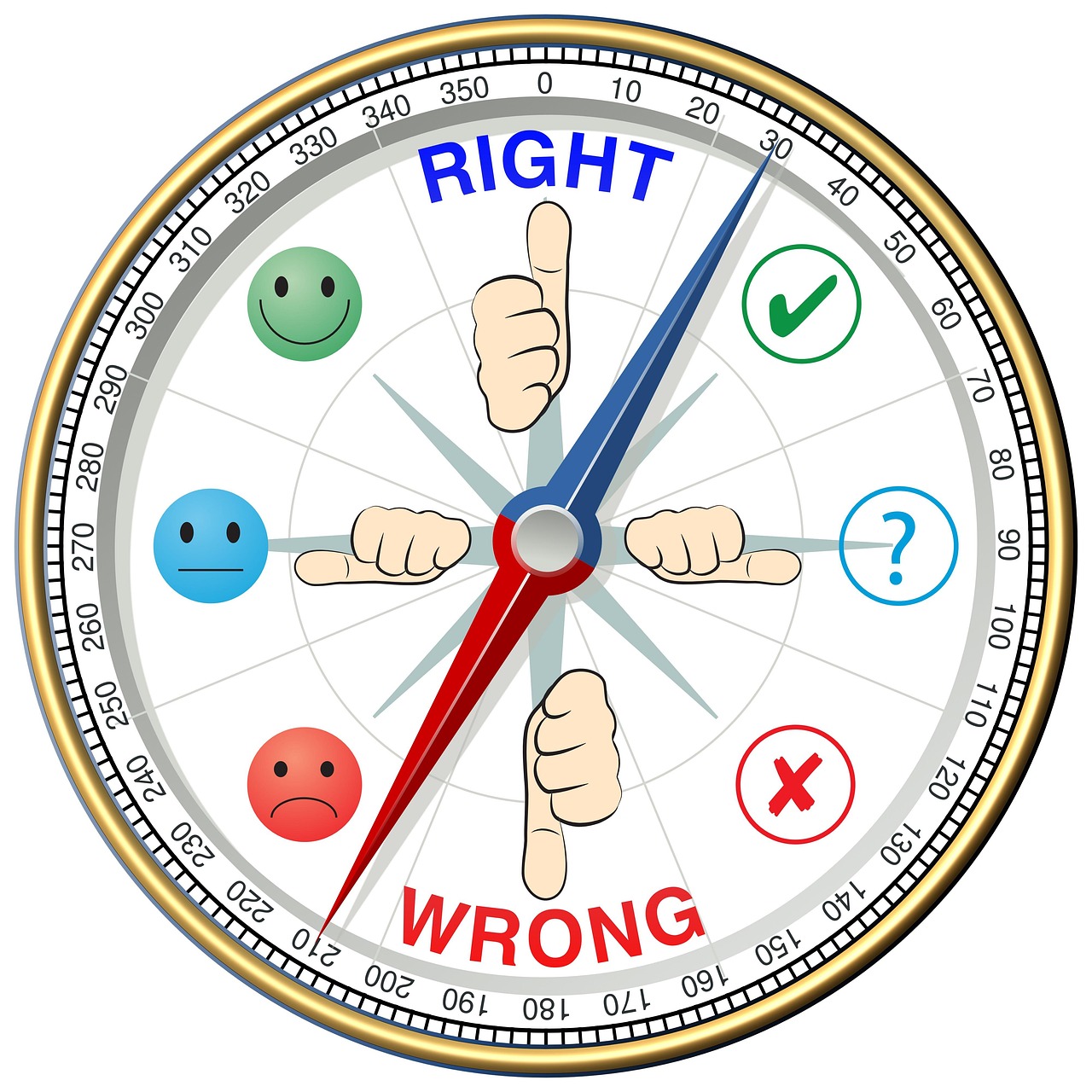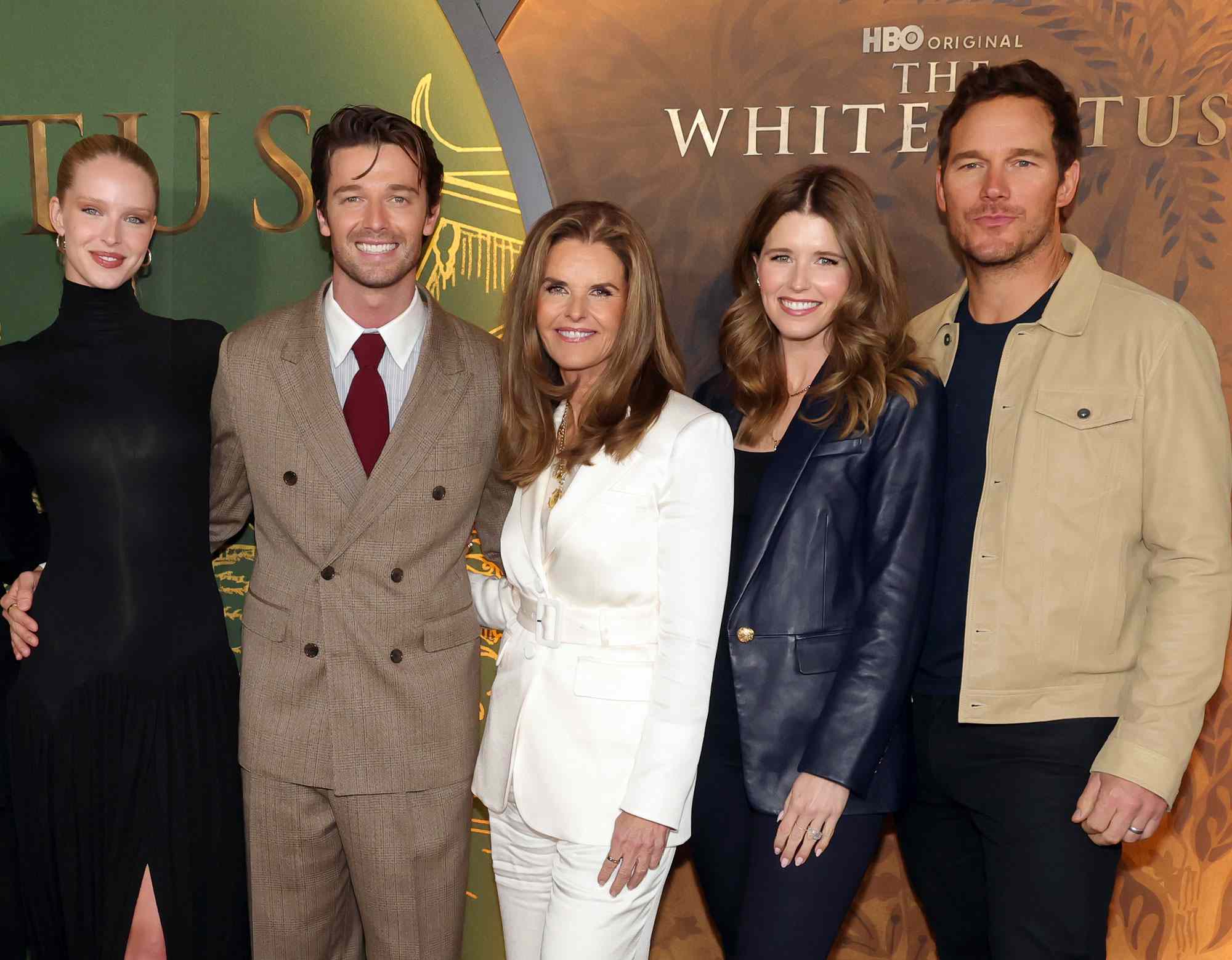Society's Moral Compass Spins: Fraudster's Runway Walk Sparks Outrage

Table of Contents
The Public Backlash: Social Media Erupts
The "Fraudster's Runway Walk" triggered an immediate and intense negative reaction across social media platforms. Twitter, Instagram, and Facebook were flooded with angry posts, comments, and tweets condemning the fashion house's decision and expressing outrage at the perceived lack of justice.
- Examples of online outrage: Tweets like "#FraudsterRunway – Disgusting! Where's the accountability?" and Instagram posts showcasing altered images of the event with superimposed jail bars went viral.
- Trending Hashtags: Hashtags such as #FraudsterRunway, #Accountability, #JusticeForAll, and #Boycott[FashionHouseName] became trending topics, amplifying the public outcry.
- Organized Online Protests: Several online petitions calling for boycotts of the fashion house and demanding stricter regulations on collaborations with convicted criminals gained significant traction, gathering thousands of signatures.
This social media backlash reflects a deep-seated public anger. The outrage stems from a perceived lack of justice, a moral revulsion at celebrating someone convicted of serious financial crimes, and the powerful influence of social media in rapidly shaping and disseminating public opinion. The speed and scale of the "social media backlash" underscore the potent force of collective digital activism in holding powerful figures accountable.
The Fashion Industry's Response: Damage Control and Ethical Concerns
The fashion industry's response to the controversy has been a mix of damage control and attempts to address ethical concerns. The fashion house involved initially released a carefully worded statement expressing regret, but stopped short of a full apology.
- Statements from the Fashion House: The statement emphasized a commitment to diversity and inclusion, while avoiding direct acknowledgment of the ethical implications of featuring a convicted fraudster.
- Actions (or lack thereof): While some called for the immediate termination of the contract with the fraudster, the fashion house took no further concrete action, opting for a strategy of appeasement and hoping to ride out the storm.
- Long-Term Damage: The "Fraudster's Runway Walk" incident threatens to inflict significant long-term damage on the fashion house's brand reputation. The event risks alienating ethically conscious consumers, potentially leading to decreased sales and a tarnished brand image.
The controversy highlights the critical ethical implications for brands collaborating with individuals facing significant controversy or legal issues. The incident raises questions about corporate social responsibility and the need for stronger ethical guidelines within the fashion industry. The potential for negative publicity, boycotts, and lasting damage to "brand reputation" necessitates a more rigorous vetting process for future collaborations.
The Legal and Ethical Gray Areas: Accountability and Celebrity Culture
The legal aspects of the "Fraudster's Runway Walk" are complex. While it's unclear whether the fraudster violated any specific parole conditions by participating in the fashion show, the event raises questions about the intersection of celebrity culture and legal accountability.
- Relevant Laws and Regulations: Depending on the specifics of the fraudster's conviction and parole terms, there could be legal ramifications. Specific regulations concerning post-conviction conduct and potential violations will need careful scrutiny.
- Expert Opinions: Legal experts are divided on whether the event constitutes a breach of parole or other legal obligations. The lack of clear legal precedent in similar situations further complicates the issue.
- Similar Cases: Comparing this incident to other cases involving celebrities and legal transgressions highlights the complexities of applying legal accountability within the context of fame and public image.
The incident also underscores the significant influence of "celebrity culture" on public perception of wrongdoing. The public's reaction suggests a growing awareness that fame should not shield individuals from consequences for their actions. This incident calls for a re-evaluation of "moral responsibility" in the face of celebrity privilege.
The Role of Media in Shaping Public Perception
Media coverage of the "Fraudster's Runway Walk" played a significant role in shaping public opinion. While some outlets focused on the ethical implications, others emphasized the sensational aspects, raising questions about responsible journalism.
- Diverse Media Coverage: Coverage varied considerably, with some outlets condemning the event and others offering more neutral or even sympathetic perspectives.
- Framing of the Story: The framing of the story by different media outlets significantly influenced public interpretation of the event. Some emphasized the public outrage, while others focused on the fashion house's attempts at damage control.
- Ethical Responsibilities of Media: The incident highlights the ethical responsibilities of the media in reporting such events accurately and without bias, avoiding sensationalism and focusing on the underlying ethical issues at play.
Conclusion
The "Fraudster's Runway Walk" serves as a stark reminder of the complex interplay between justice, celebrity, and public morality. The intense public backlash, fueled by social media, highlights a growing demand for accountability and a rejection of the normalization of unethical behavior, even within the glamorous world of high fashion. This incident compels us to reconsider our values and demand a higher standard of ethical conduct from public figures and corporations alike. The widespread outrage sparked by this "Fraudster's Runway Walk" should serve as a wake-up call for the fashion industry and society as a whole to prioritize ethical considerations over mere celebrity appeal. We must actively challenge the normalization of unethical behavior and demand greater accountability from those who have violated the public trust. The repercussions of this "Fraudster's Runway Walk" should act as a catalyst for significant changes in how we view celebrity, justice, and corporate responsibility.

Featured Posts
-
 The Sabrina Carpenter Fortnite Skin Fact Checking Nsfw Allegations
May 06, 2025
The Sabrina Carpenter Fortnite Skin Fact Checking Nsfw Allegations
May 06, 2025 -
 Could Line Of Duty Be Returning Martin Compstons Latest Comments Suggest So
May 06, 2025
Could Line Of Duty Be Returning Martin Compstons Latest Comments Suggest So
May 06, 2025 -
 Patrick Schwarzeneggers White Lotus Role Maria Shriver Speaks Out
May 06, 2025
Patrick Schwarzeneggers White Lotus Role Maria Shriver Speaks Out
May 06, 2025 -
 Fortnite Map Guide Locations Chests And More
May 06, 2025
Fortnite Map Guide Locations Chests And More
May 06, 2025 -
 Flowers Debiutancki Singiel Miley Cyrus Z Nowej Ery Muzycznej
May 06, 2025
Flowers Debiutancki Singiel Miley Cyrus Z Nowej Ery Muzycznej
May 06, 2025
